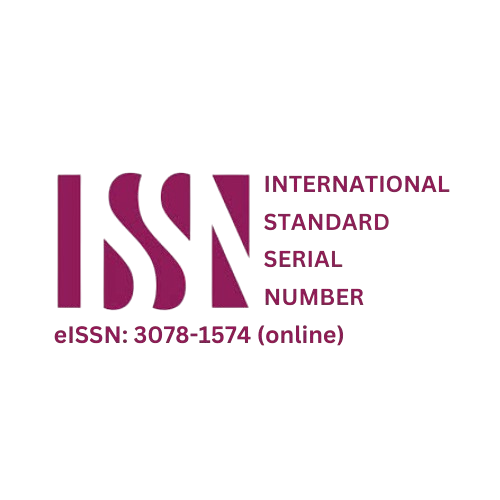The Engagement Vision of Basic Education as an Asset for Social Justice in South Africa and African Community
DOI:
https://doi.org/10.71261/rlss/32.11.26Keywords:
Africanising, Society, Epistemic, Social Justice, AssetAbstract
Research shows that engagement vision of basic education as an asset for Social Justice in South Africa and Africa community caused by COVID-19 pandemic. South Africa access programmes inherently and inevitably provide students with a ‘label’. The systemic of the lack on the reflection of the curriculum to African indigenous knowledge systems does show the lack of Epistemic justice that seeks to ideologically liberate Africans. Knowledge is power and the distribution of knowledge in higher education bring outputs of colonial thoughts that seeks to suppress African thoughts. The problem in this regard stems from the failure to recognize the encroachment of the profit motive into the academy (the shift from a public good knowledge/learning regime to a neoliberal knowledge/learning regime). The aim is to knowledge production of the universities does shape and reshape the ideology which society has. As such the higher education plays a role in social justice by knowledge production and emancipation agenda. This article addresses Curriculum in terms of South Africa may be a tool that seeks to reshape society in a way that they remain in the margins and footnote of intellectual engagements, the lack of connection between the knowledge production in higher education to African indigenous knowledge systems is alarming. institutions, but also the terms that we use to describe our very existence or to Africanising curriculum.
Downloads
Published
Issue
Section
License
Copyright (c) 2025 Mokopane Charles Marakalala

This work is licensed under a Creative Commons Attribution-NonCommercial 4.0 International License.
RLSS is licensed under a Creative Commons Attribution-NonCommercial 4.0 International license (CC BY-NC 4.0). This license permits users to use, reproduce, disseminate, or display the article provided that the authors are the original creators and that the reuse is restricted to non-commercial purposes, i.e., is attributed to research or educational use, Provided that the work is properly cited.


